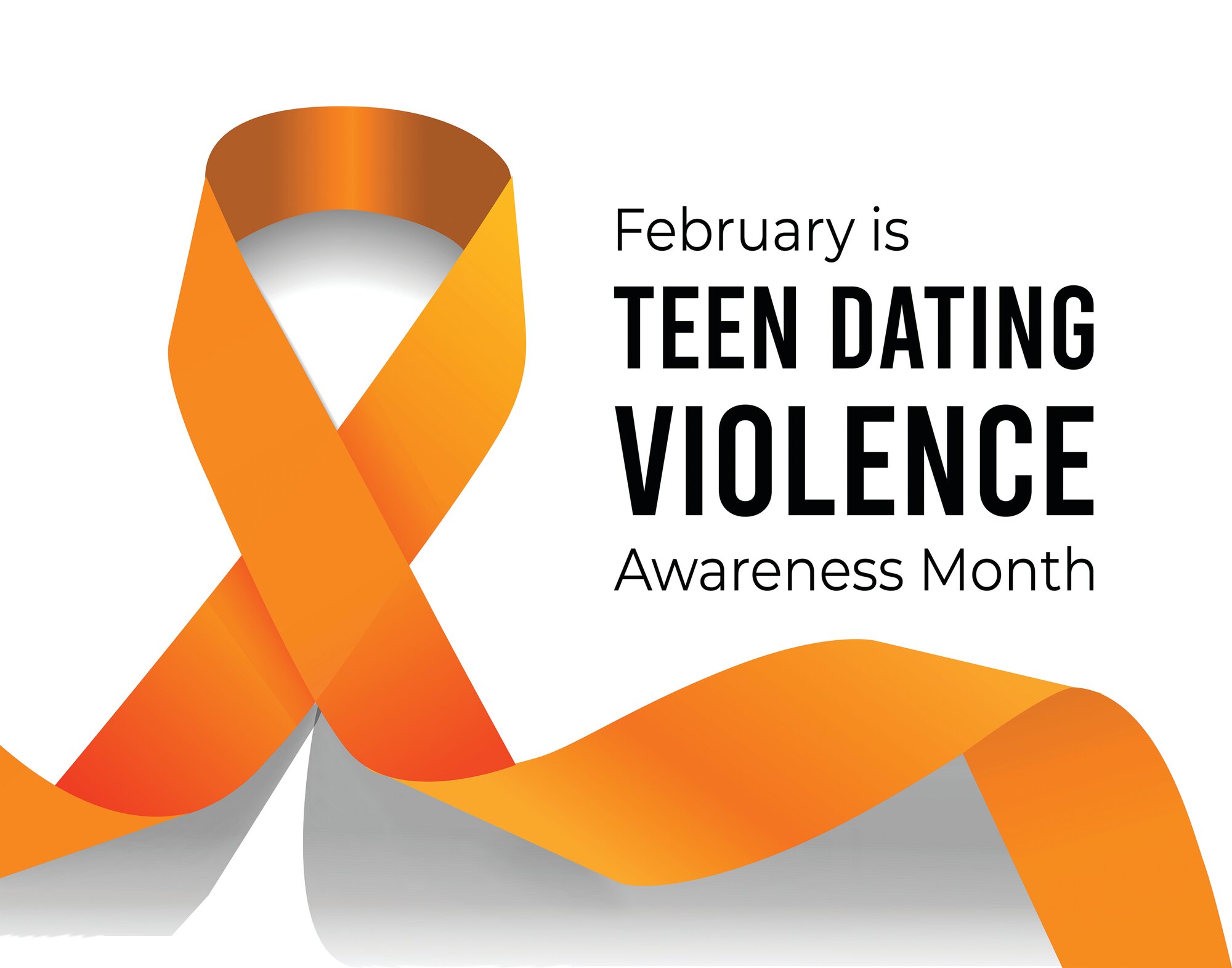S.C. DHEC helps raise awareness about teen dating violence
COLUMBIA - February is Teen Dating Violence Awareness Month, and the South Carolina Department of Health and Environmental Control (DHEC) is joining the cause in raising awareness about the difference between healthy relationships and teen dating abuse.
The National Domestic Violence Hotline reports that teen dating violence is much more common than many people think, with one in three U.S. teens experiencing physical, sexual or emotional abuse from someone they're in a relationship with before becoming adults. Nearly half (43%) of college women report experiencing violent or abusive dating behaviors.
"We want all teens to know that emotional, verbal, physical or sexual violence is not what love is," said Amanda Tucker, DHEC's Sexual Violence Services Program coordinator. "When dealing with complex emotions that accompany dating, it's easy to overlook some important steps to ensure personal and emotional safety. Healthy relationships depend on ongoing mutual respect, and we want to empower young people with the tools to recognize if a relationship is becoming unhealthy."
There are several statewide and national resources that young people are encouraged to use if they've experienced dating violence:
- S.C. DHEC's Sexual Violence Services Program: (803) 898-0670
- S.C. Coalition on Domestic Violence and Sexual Assault (SCCADVASA): (803) 256-2900 or 1-800-799-SAFE (7233) or the Get Help online map at www.sccadvasa.org/get-help
- Sistercare (Midlands region): (803) 765-9428 or 1-800-637-7606
- Pathways to Healing (Midlands region): 1-800-491-7273
- National Domestic Violence Hotline: 1-800-799-7233
- National Rape, Abuse and Incest National Network: 1-800-656-HOPE (4673)
The U.S. Centers for Disease Control and Prevention points out that teen dating violence can happen in person or electronically, including the repeated texting or posting of sexual pictures of a partner without their permission.
Indicators of a violent partner can include, but are not limited to, someone who:
- has an explosive temper;
- is very jealous;
- must be in control of your life;
- blames others for their problems;
- will not accept "no" as an answer;
- forbids you to talk to your friends or family;
- threatens to hurt you or themself if you break up;
- makes all the decisions in the relationships;
- calls you insulting and embarrassing names;
- hits you and promises that it will never happen again and then it does;
- criticizes what you wear and say, and how you act; and
- destroys your personal belongings.
DHEC encourages parents, caregivers and family members to talk with their teens about healthy relationships versus abusive relationships and to make sure their teens are empowered to reach out for help.
Tips and guides for speaking with teens and young people about teen dating violence are available at loveisrespect.org and through the S.C. Coalition on Domestic Violence and Sexual Assault at sccadvasa.org.
More Articles to Read

